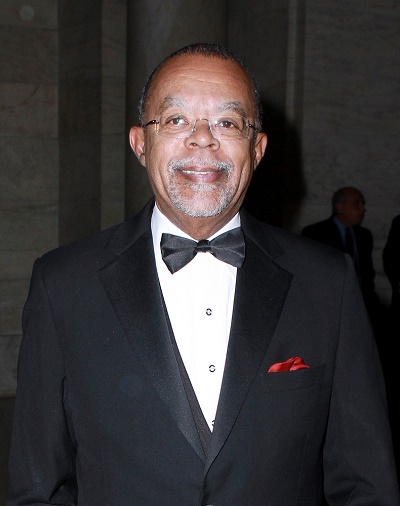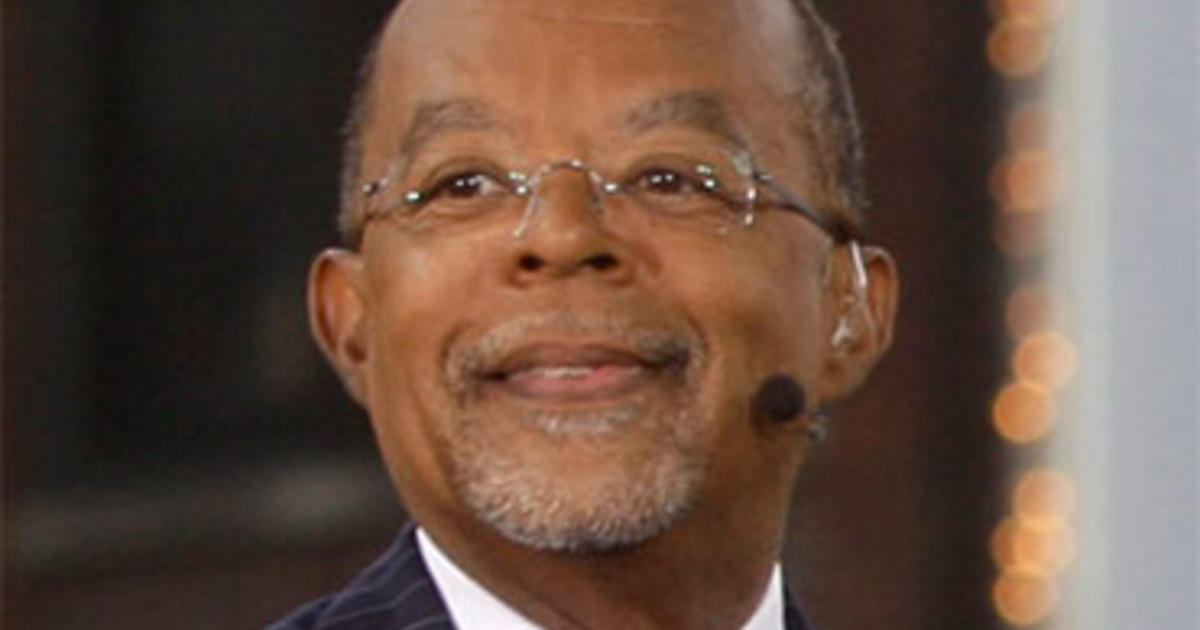



These are his women, painted with a frankness that is going to make his black readers shrink and criticize and yet they are done with a certain splendid, careless truth." Granted, Toomer was writing about women's sexuality, rather than from a woman's point of view. In all sorts of ways we are hemmed in and our new young artists have got to fight their way to freedom."ĭu Bois then pointed to the innovative ways that Toomer depicted the sexual lives of his female characters: "Here is Karintha, an innocent prostitute Becky, a fallen white woman Carma, a tender Amazon of unbridled desire Fern, an unconscious wanton Esther, a woman who looks age and bastardy in the face and flees in despair Louise, with a white and a black lover Avey, unfeeling and unmoral and Doris, the cheap chorus girl. We are ashamed of sex and we lower our eyes when people will talk of it." And why was this true? Du Bois explained that "Our worst side has been so shamelessly emphasized that we are denying we have or ever had a worst side. We are bound by all sorts of customs that have come down as second-hand soul clothes of white patrons. Du Bois addressed the vexing subject of the depiction of sex in African American Literature: " … the young and slowly growing black public still wants its prophets almost equally unfree. Woodson (the founder of "Negro History Week" and a fellow Harvard Ph.D. In a famous speech that he delivered at the Chicago convention of the NAACP in June 1926, where he was presenting the coveted Spingarn Medal to the historian Carter G. (Cases of rape were an exception, seen as a sign of the brutality and psychosis of white oppression.) Reading classic black literature might lead one to conclude that black people abstained from having sex! In fact, black authors, male and female, traditionally were downright prudish, avoiding black sexuality in their texts like the plague. Though many will find this difficult to believe today, in a hip-hop era defined in part by graphic depictions of sexuality, sex was a taboo subject throughout much of the history of African-American literature.


 0 kommentar(er)
0 kommentar(er)
